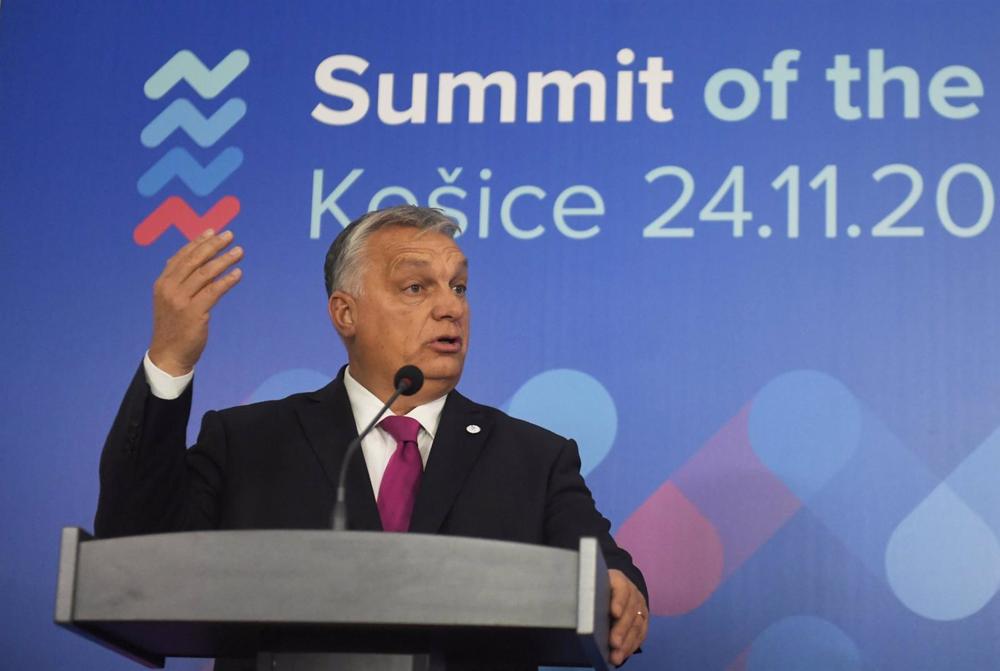
The European Commission has warned Hungary that it makes no sense to link sanctions on Russian oil to shortages in the country, in response to Wednesday’s announcement by the Hungarian government to lift its own fuel price cap of 480 Hungarian forints (€1.17) and blame Brussels for failing to ensure security of supply.
«Hungary enjoys an exception to our oil sanctions, so scapegoating us makes no sense,» Commission spokesman Eric Mamer told a press conference on Thursday in response to statements by Hungarian government spokesman Gergely Gulyas, who accused the EU of having caused disruptions in Hungary’s energy supply with the implementation of the sanctions.
For his part, the European spokesman for financial services, Daniel Ferrie, has recalled that the oil price cap imposed by the G7 does not affect Hungary’s ability to import oil through its pipelines, as it only applies to oil imported by sea.
Therefore, he has added, Hungary can continue to import Russian crude oil by pipeline under the exceptions provided for in the EU sanctions framework to ensure security of supply while the oil price cap imposed by the G7 was also specifically designed to further reduce Russia’s revenues while maintaining, at the same time, the stability of the global energy market thanks to the continuity of supply.
As regards oil products such as refined oil, the spokesman recalled that the European sanctions affecting them have not yet entered into force, so it is «impossible» for the EU sanctions to affect supply in Hungary, which can continue to import refined oil, for example, from Slovakia, until February 5.






